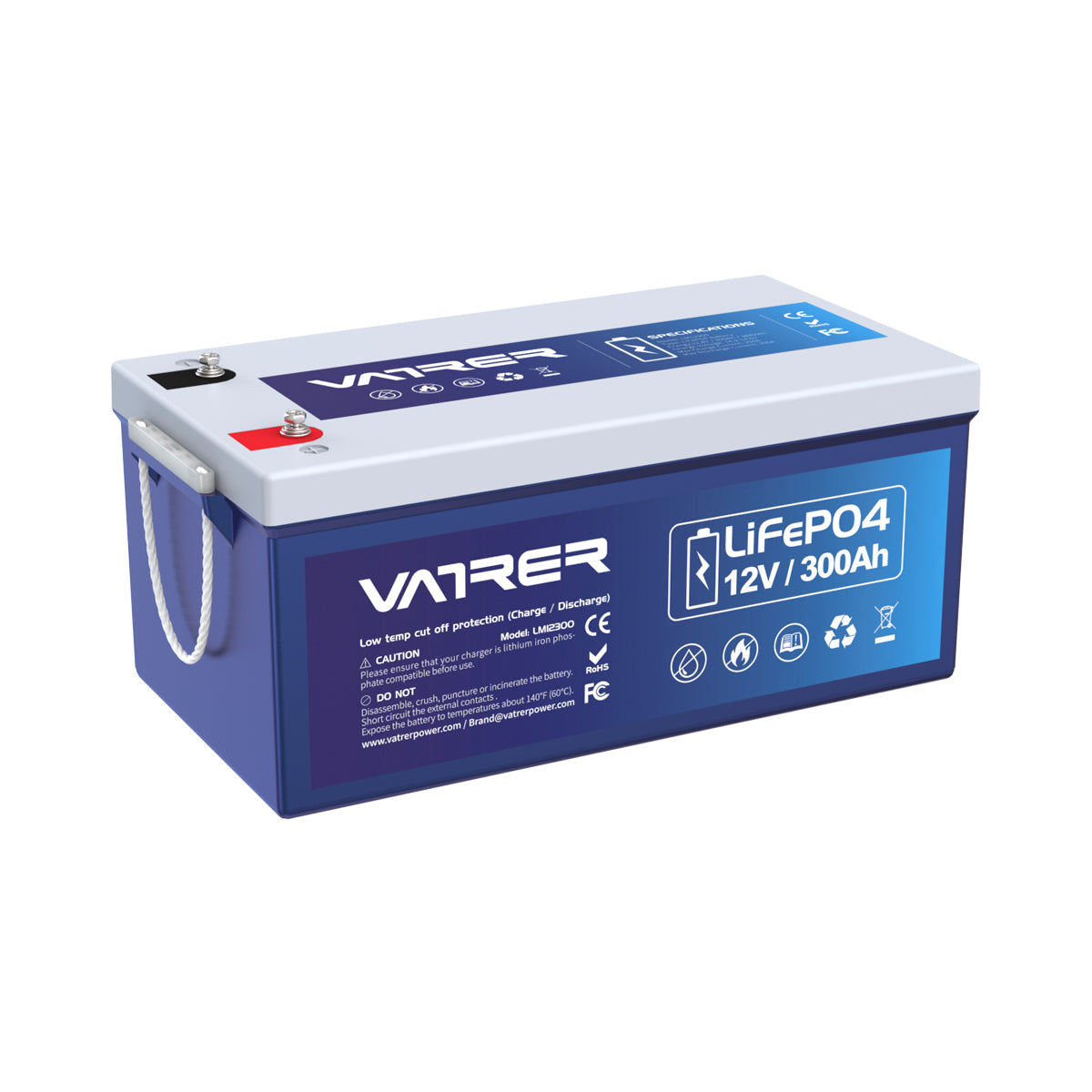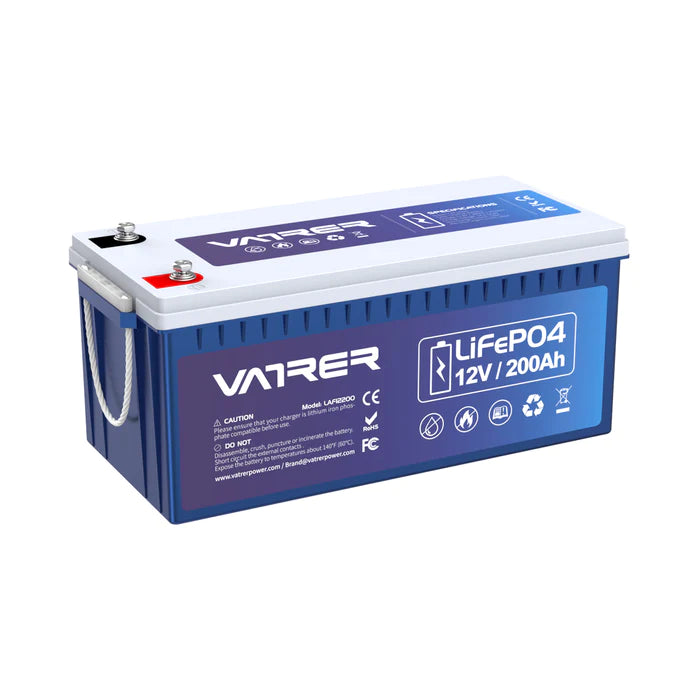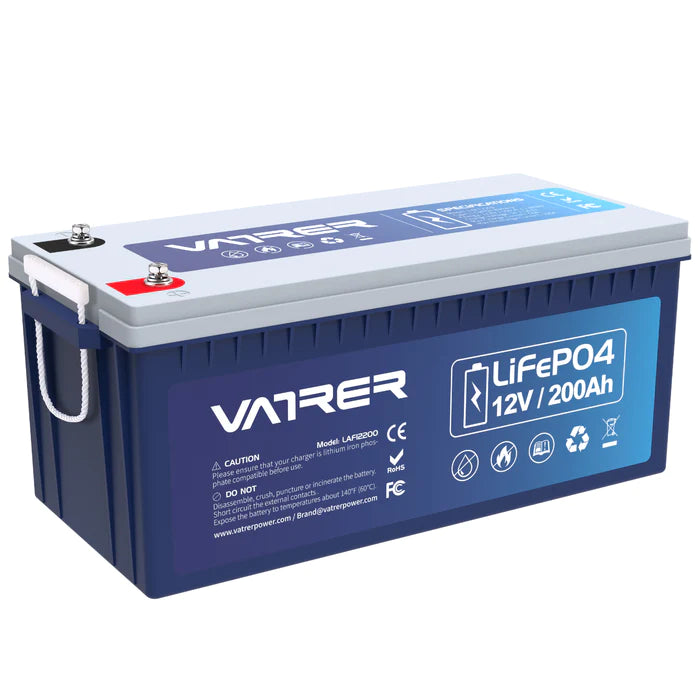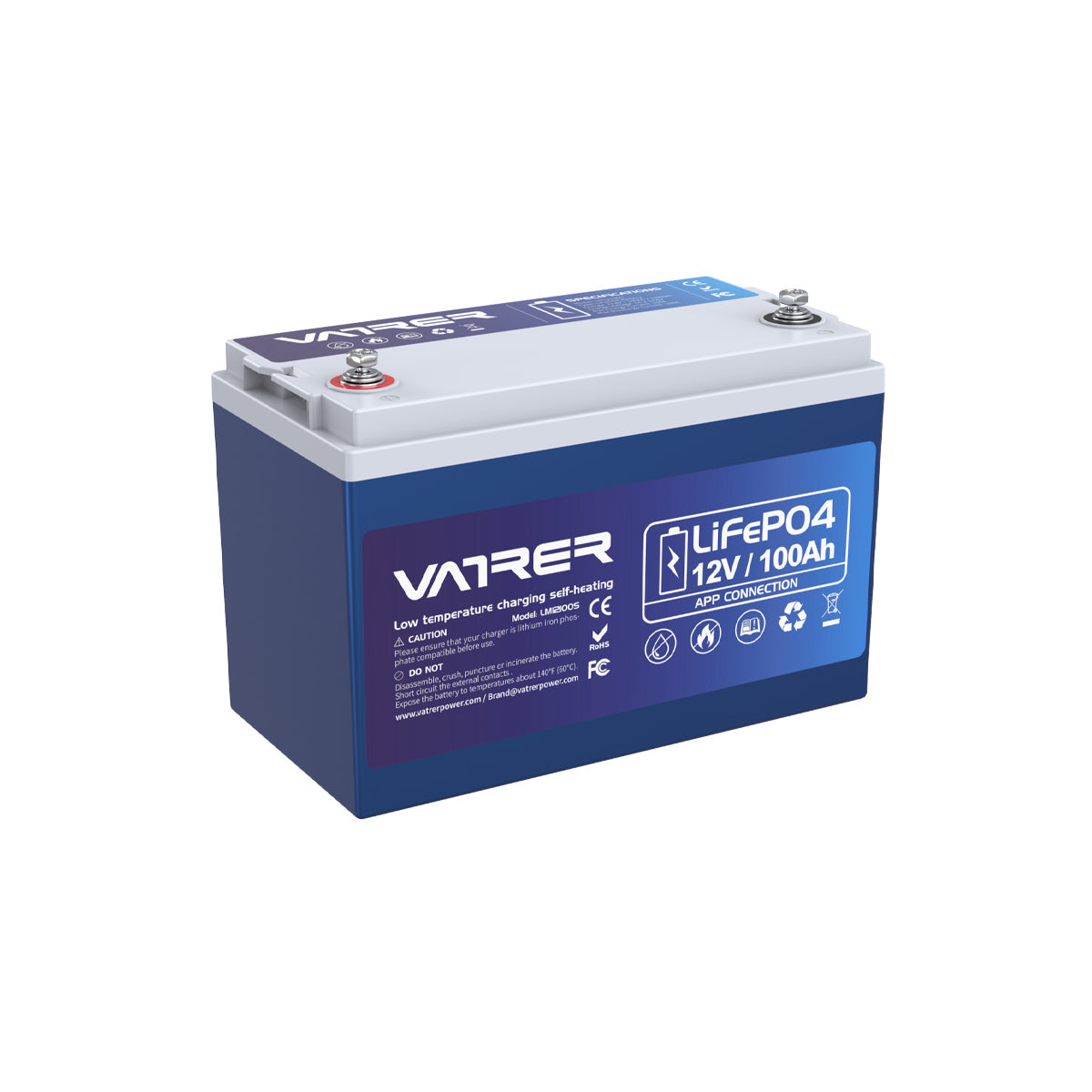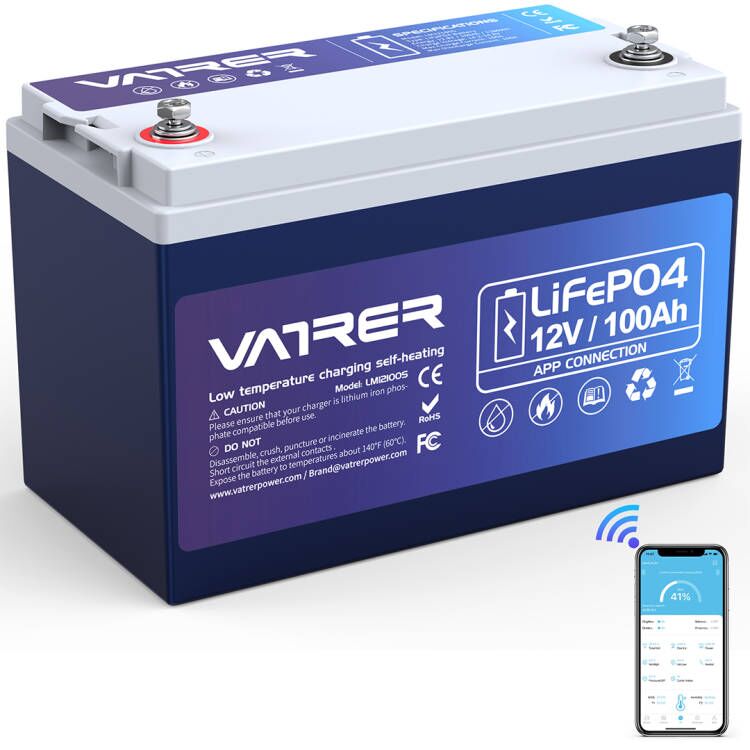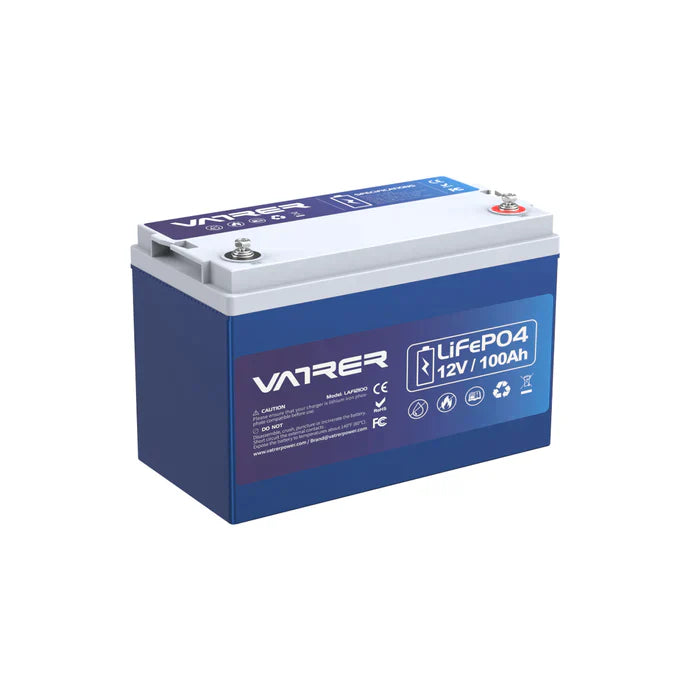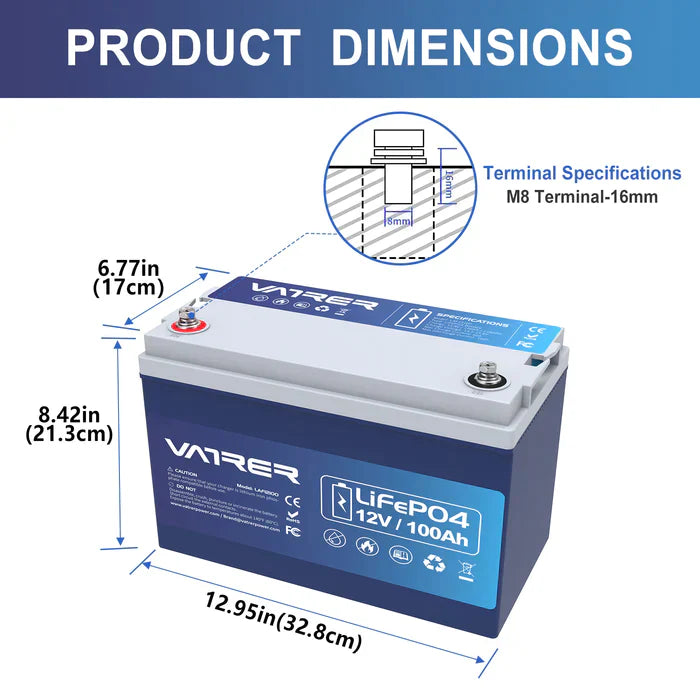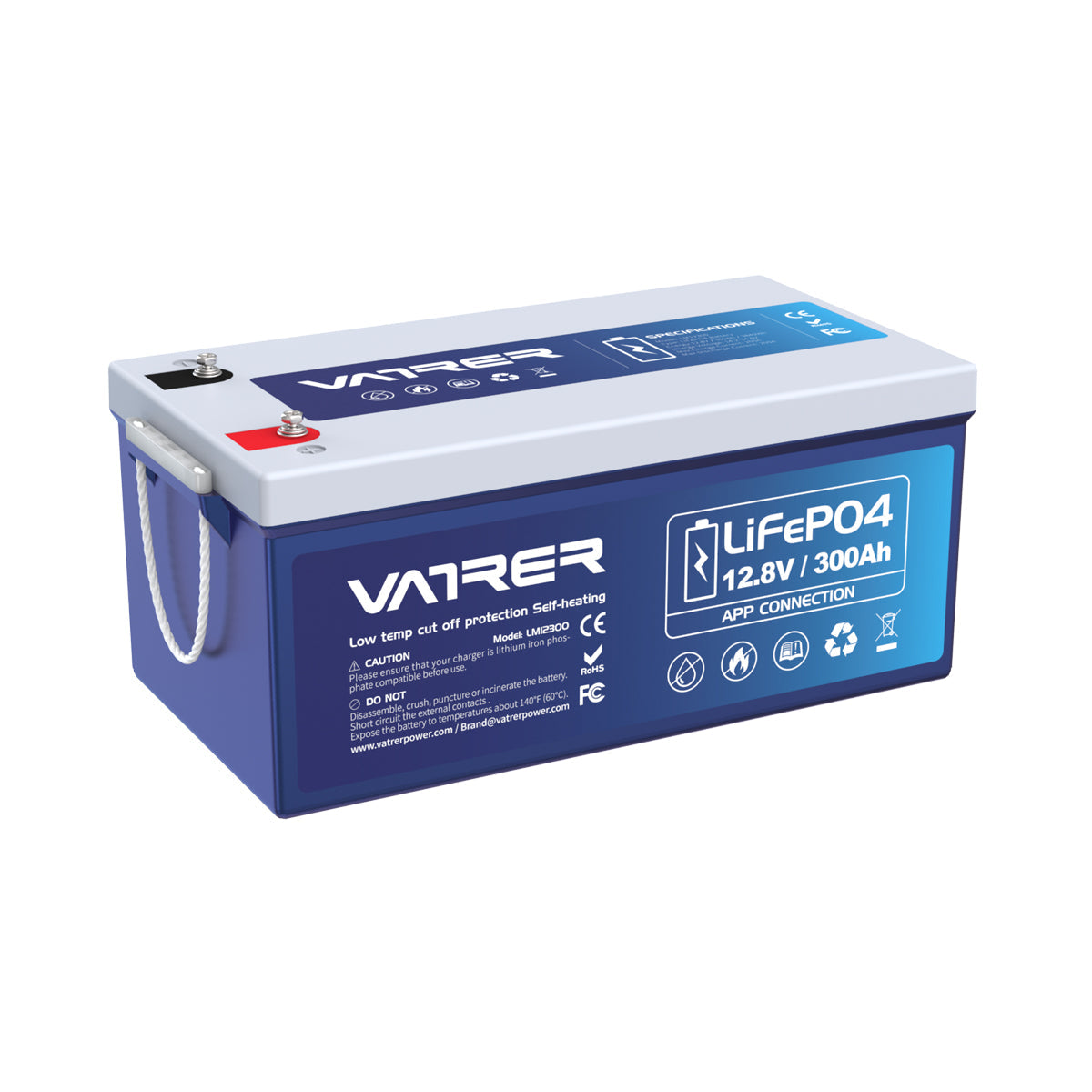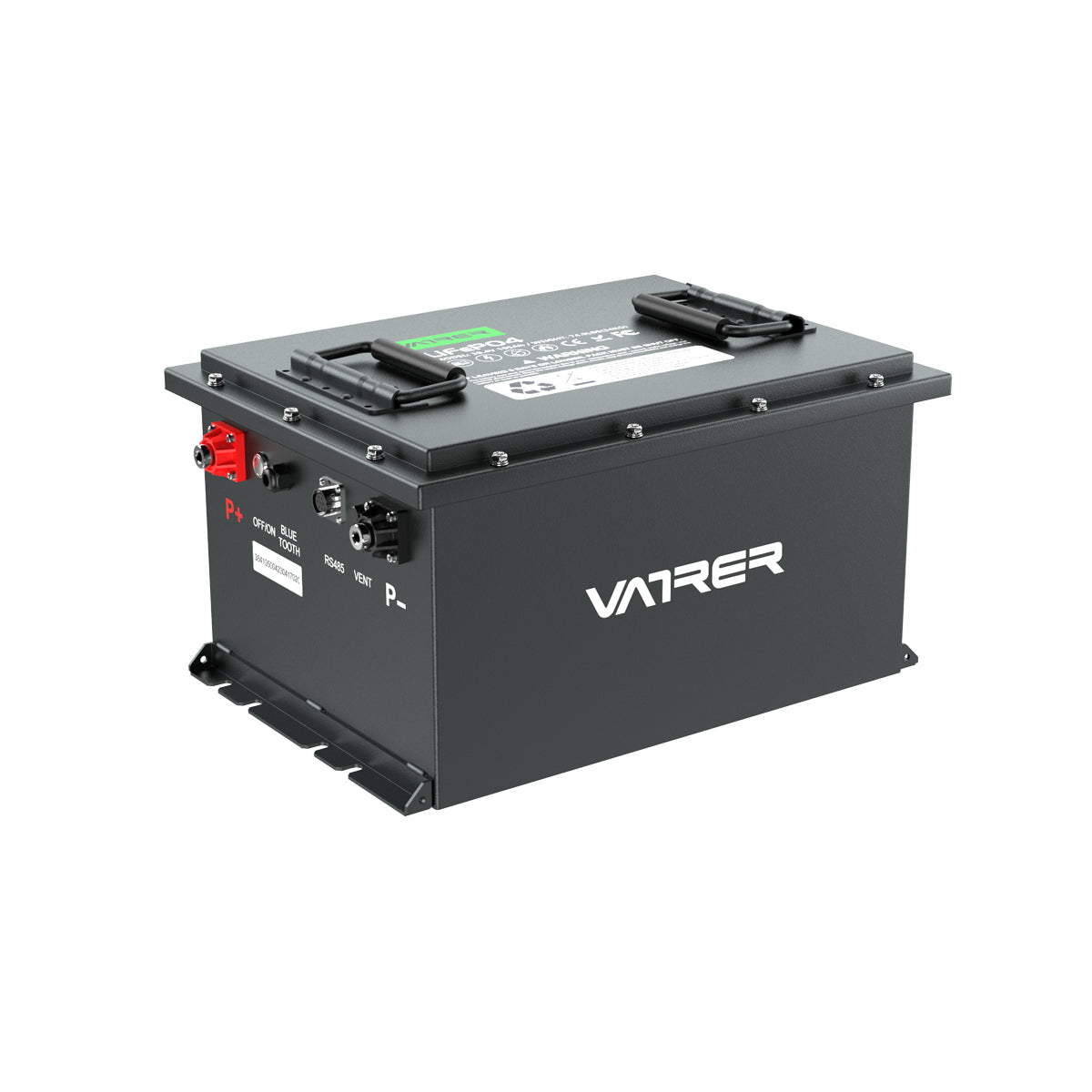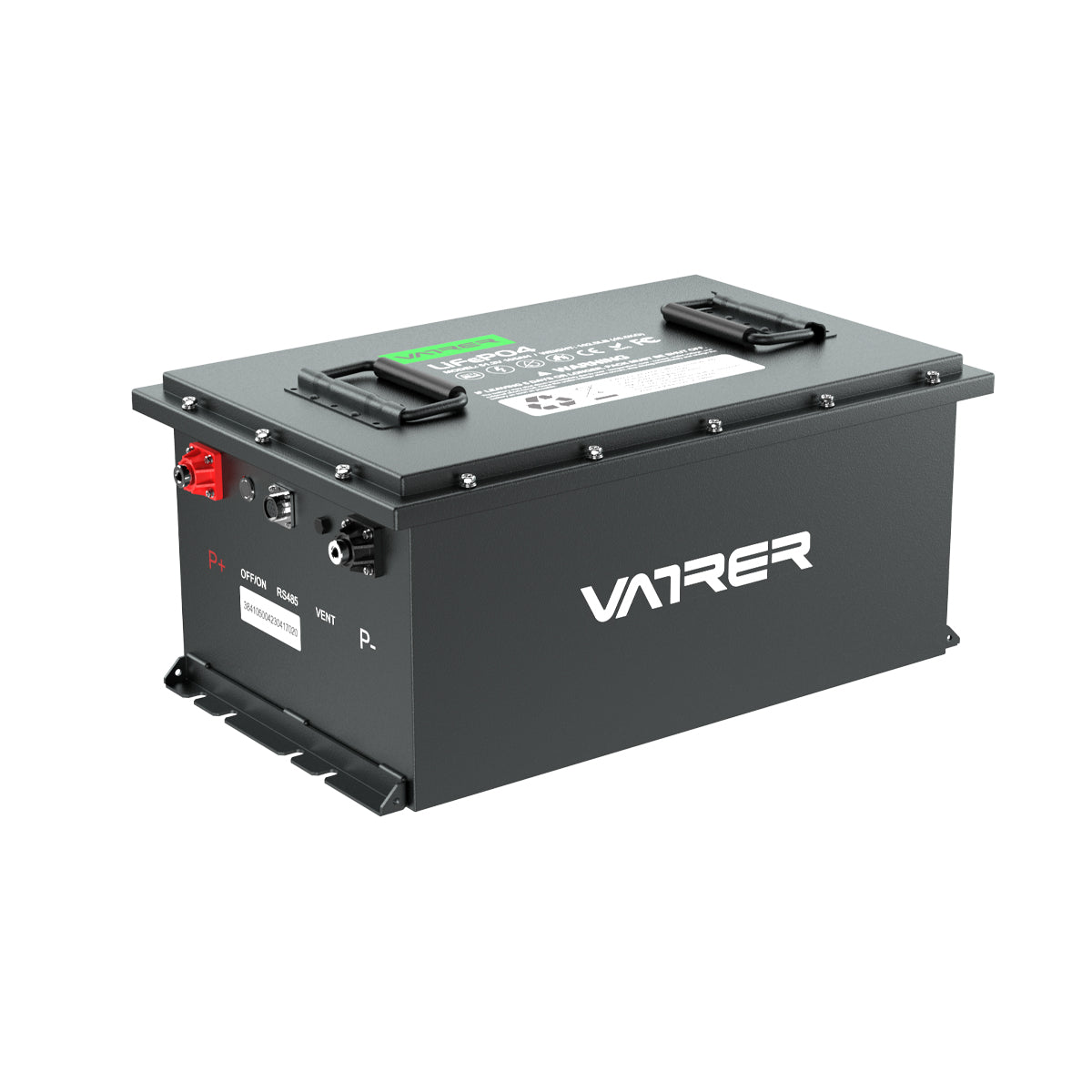Table of Contents
- What is a Solid-State Battery?
- How Do Solid-State Batteries Work?
- Advantages of Solid-State Batteries
- Current Innovations in Solid-State Battery Technology
- Solid-State Batteries vs. Traditional Lithium-Ion Batteries
- Applications of Solid-State Batteries in Electric Vehicles
- Challenges Facing Solid-State Battery Development
- The Future of Solid-State Batteries
- Notable Companies in Solid-State Battery Development
- FAQs about Solid-State Batteries
- What are the main components of a solid-state battery?
- How do solid-state batteries improve safety compared to lithium-ion batteries?
- What are the cost implications of solid-state battery technology?
- When can we expect solid-state batteries to be commercially available?
- What are the environmental benefits of solid-state batteries?
- How do solid-state batteries affect the performance of electric vehicles?
- Are solid-state batteries more efficient than traditional batteries?
- What companies are leading in solid-state battery research?
- Can solid-state batteries be recycled?
- What is the expected lifespan of solid-state batteries?
What is a Solid-State Battery?
Solid-state batteries are an innovative type of energy storage that utilizes solid electrodes and a solid electrolyte instead of the conventional liquid or gel electrolytes found in traditional lithium-ion batteries. This fundamental shift in design promises to enhance performance, safety, and longevity. Here’s what you need to know:
- Composition: Solid-state batteries replace the liquid electrolyte with a solid electrolyte, which can be made from various materials, including ceramics and polymers.
- Mechanism: These batteries operate by allowing lithium ions to move between the anode and cathode through the solid electrolyte, enabling energy storage and release.

How Do Solid-State Batteries Work?
Understanding the mechanics behind solid-state batteries is crucial to appreciating their potential. Here’s a breakdown:
-
Ion Movement: The movement of ions is facilitated by the solid electrolyte, which enhances efficiency and reduces leakage.
-
Energy Density: Solid-state batteries can achieve a higher energy density, meaning they can store more energy in a smaller space.
-
Temperature Tolerance: These batteries can operate effectively across a broader temperature range, making them suitable for various applications.
Advantages of Solid-State Batteries
The benefits of solid-state batteries are numerous, positioning them as the future of energy storage technology:
-
Enhanced Safety: The absence of flammable liquid electrolytes significantly reduces the risk of thermal runaway.
-
Increased Longevity: Solid-state batteries typically have a longer lifespan, with the potential for over 2,000 charge cycles.
-
Higher Energy Density: This allows for longer-lasting power in devices, especially crucial for electric vehicles.
Current Innovations in Solid-State Battery Technology
The landscape of solid-state battery technology is rapidly evolving:
-
Mercedes and Factorial: These companies are unveiling batteries that promise to extend electric vehicle ranges by up to 80%.
-
Toyota: The automaker is on track to produce solid-state batteries commercially, with government support.
-
Research Breakthroughs: Recent research has led to designs that improve energy density and charging times significantly.
Solid-State Batteries vs. Traditional Lithium-Ion Batteries
Comparing solid-state batteries with traditional lithium-ion batteries reveals the former's potential advantages and challenges:
-
Safety: Solid-state batteries are inherently safer due to their solid electrolytes.
-
Performance: They offer higher energy density, which is vital for electric vehicles.
-
Cost: Currently, solid-state batteries are more expensive to produce, but advancements may lower costs in the future.
Applications of Solid-State Batteries in Electric Vehicles
Solid-state batteries are poised to revolutionize the electric vehicle industry:
-
Increased Range: With higher energy density, EVs powered by solid-state batteries can travel further on a single charge.
-
Faster Charging: They can support quicker charging times, making electric vehicles more convenient for users.
-
Environmental Impact: Their enhanced efficiency and longevity contribute to a reduced environmental footprint.
Challenges Facing Solid-State Battery Development
Despite their promise, solid-state batteries face several hurdles:
-
Manufacturing Complexity: Producing solid-state batteries is more complex than traditional batteries, which can drive up costs.
-
Material Limitations: Finding suitable materials for solid electrolytes remains a challenge.
-
Market Adoption: Convincing manufacturers and consumers to transition from established technologies can be difficult.
The Future of Solid-State Batteries
The future looks bright for solid-state batteries:
-
Investment and Research: Increased investment in research and development is accelerating advancements.
-
Broader Applications: Beyond EVs, solid-state batteries could be utilized in consumer electronics, renewable energy storage, and more.
-
Potential Market Growth: As technology matures and costs decrease, the market for solid-state batteries is expected to expand significantly.
Notable Companies in Solid-State Battery Development
Several companies are leading the charge in solid-state battery innovation:
-
Toyota: Pioneering solid-state battery technology for electric vehicles.
-
Mercedes: Investing heavily in solid-state battery research.
-
QuantumScape: Focusing on commercializing solid-state batteries for electric vehicles.
FAQs about Solid-State Batteries
-
What are the main components of a solid-state battery?
- Solid-state batteries consist of solid electrodes, a solid electrolyte, and typically lithium ions for energy storage.
-
How do solid-state batteries improve safety compared to lithium-ion batteries?
- They eliminate flammable liquids, thus reducing risks of fires and thermal runaway.
-
What are the cost implications of solid-state battery technology?
- Currently more expensive to produce, costs are expected to decrease with advancements in manufacturing techniques.
-
When can we expect solid-state batteries to be commercially available?
- Many companies are targeting the mid-2020s for commercial release.
-
What are the environmental benefits of solid-state batteries?
- Their longer lifespan and efficiency contribute to less waste and a reduced carbon footprint.
-
How do solid-state batteries affect the performance of electric vehicles?
- They enhance range, reduce charging times, and improve overall vehicle performance.
-
Are solid-state batteries more efficient than traditional batteries?
- Yes, they typically offer higher energy density and efficiency.
-
What companies are leading in solid-state battery research?
- Notable companies include Toyota, Mercedes, and QuantumScape.
-
Can solid-state batteries be recycled?
- Yes, solid-state batteries can be recycled, although the processes may differ from those used for traditional batteries. Research is ongoing to develop efficient recycling methods.
-
What is the expected lifespan of solid-state batteries?
- Solid-state batteries can last significantly longer than traditional lithium-ion batteries, with some projections suggesting lifespans exceeding 2,000 charge cycles.





![[Buying Guide] Should I Buy Lithium Batteries on Black Friday?](http://www.vatrerpower.com/cdn/shop/articles/Should-I-Buy-Lithium-Batteries-on-Black-Friday.webp?v=1731467571&width=500)














































